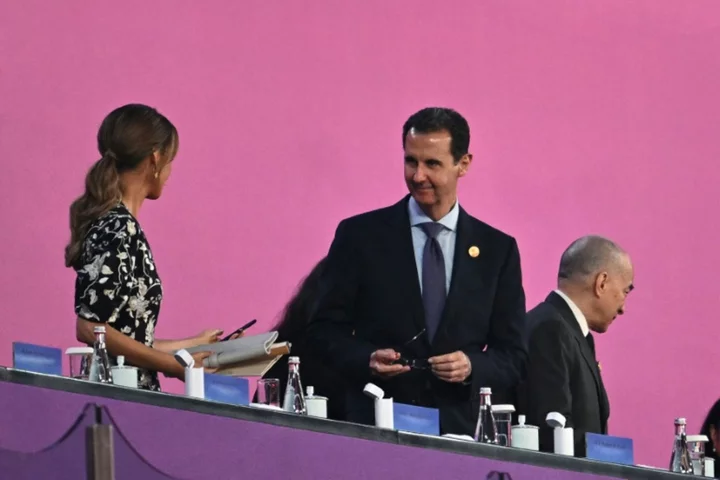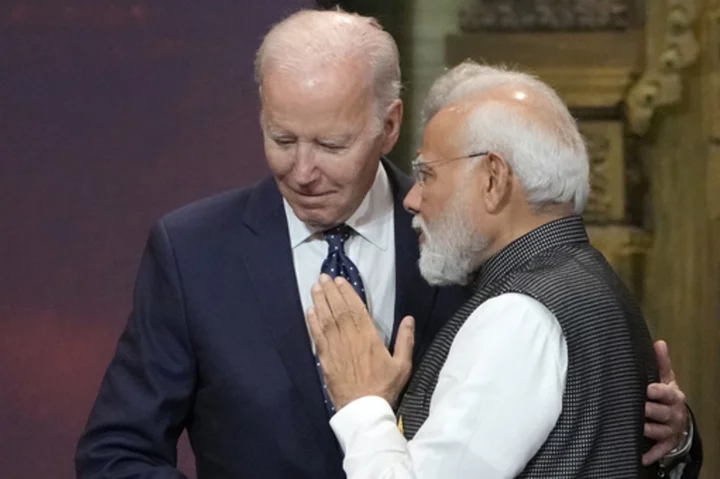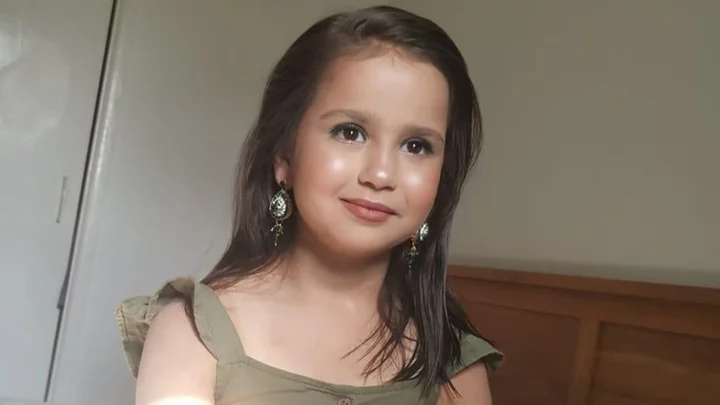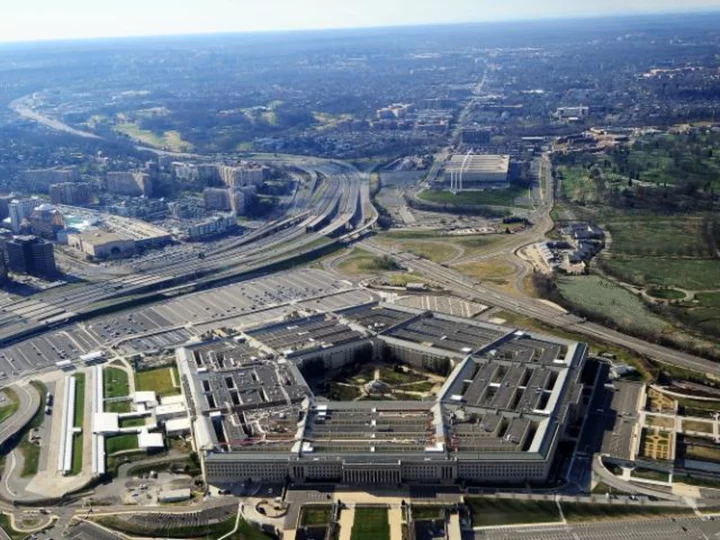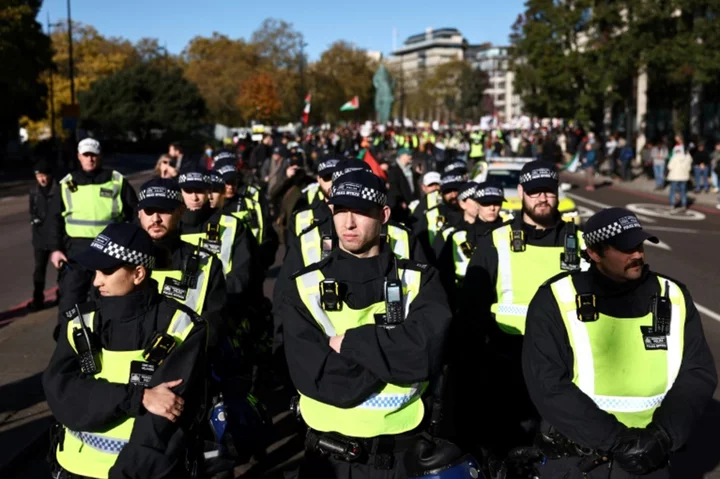Syria faces allegations at the UN top court Tuesday that it maintains a "pervasive" system of torture that has killed tens of thousands of people.
The case at the International Court of Justice (ICJ) marks the first time Damascus has faced international judges over the brutal civil war that started in 2011.
Victims have endured "unimaginable physical and mental pain and suffering" from "abhorrent treatment in detention, inhumane conditions of detention, and sexual and gender-based violence," the case brought by the Netherlands and Canada alleges.
Prisoners currently languishing in Syrian prisons are at "imminent risk of death or severe physical or mental harm," Canada and the Netherlands wrote in their submission to the court.
They also allege the widespread rape of women and children, mutilation, beheadings, plus the "particularly abhorrent" use of chemical weapons to intimidate and punish civilians.
Damascus has dismissed the case as "disinformation and lies," with a government source telling the SANA newswire in July the allegations "lack the slightest degree of credibility."
Canada and the Netherlands asked the ICJ to "urgently" demand Syria stop all torture and arbitrary detention, open prisons to outside inspectors and provide information to families about the fate of their loved ones.
The ICJ can take years to rule on a case, but urgent so-called "provisional measures" can be ordered in a matter of weeks and are legally binding.
An initial hearing was planned for July but postponed by Damascus.
- 'Nightmarish conditions' -
"I was in prison in Syria for three years, and I know for sure that torture is happening around the clock, it's happening around the hour," former prisoner now activist Ahmad Helmi told AFP in an interview.
"It doesn't happen only for interrogation, sometimes it happens for fun, just because they feel they enjoy impunity, they can do whatever they want... hundreds of people are dying under torture every month," he said.
Balkees Jarrah, from Human Rights Watch, said the ICJ needed to act "to prevent further abuses against Syrians, who continue to suffer under nightmarish conditions and whose lives are in serious jeopardy."
While there have been individual war crimes cases linked to the Syrian war in some countries, there has long been frustration in Western capitals at the lack of any wider plan for international justice.
The Dutch first launched a bid in September 2020 to hold Syria responsible for alleged breaches of the UN Convention against Torture, to which Damascus is a signatory. Canada joined the case the following March.
The International Criminal Court (ICC), a war crimes court which like the ICJ is based in The Hague, has been unable to deal with Syria as it never ratified the Rome Statute, the tribunal's founding treaty.
Russia and China blocked a draft UN Security Council resolution to refer the situation in Syria to the ICC in 2014.
The situation has gained renewed attention after the return of Syrian President Bashar al-Assad to the international fold in May when he attended an Arab League summit.
Describing the hearings as a "watershed" case, Human Rights Watch hoped the ICJ proceedings would shine a spotlight on Assad's return from isolation.
Activist Helmi said there was no chance of "rogue state" Syria accepting any decisions by the ICJ, but insisted that any ruling was still important for victims and families.
"We are not talking about a local court somewhere. It's not me saying torture is happening. This will be the ICJ saying that torture is happening," he told AFP.
"And whoever wants to re-normalise the Syrian regime, they will have this tag on their forehead that you are normalising with a state that is torturing people around the clock."
ric/gw/lb

